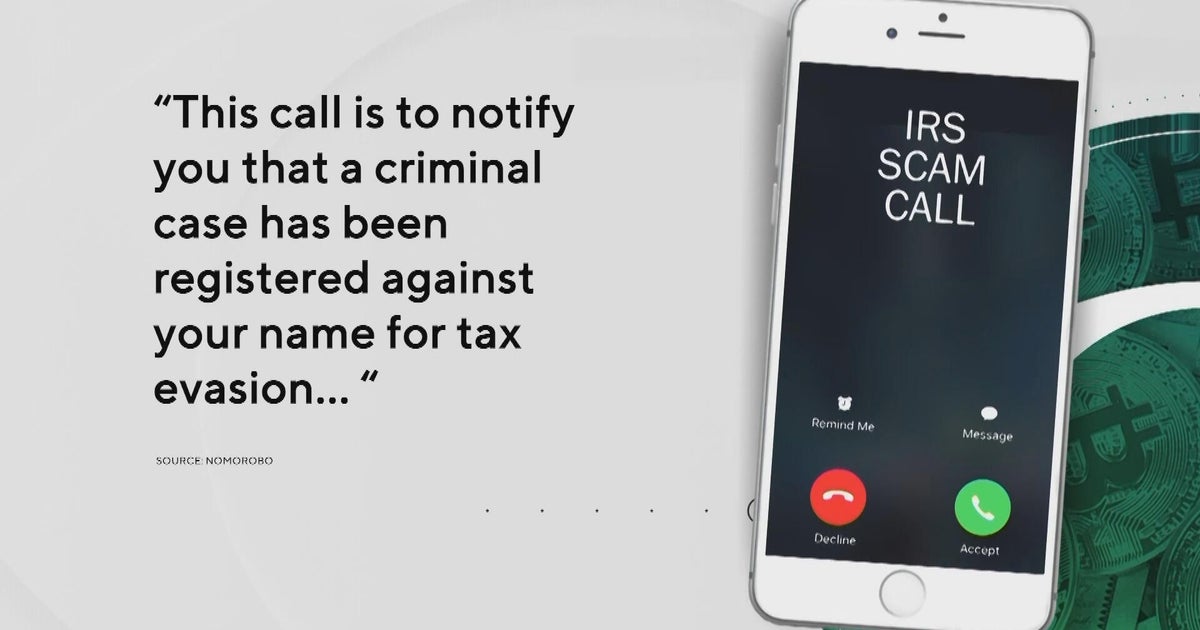I-Team: 3 Ways To Avoid Becoming Victim Of Savvy, Sophisticated Scams
DALLAS (CBSDFW.COM) - Texans reported losing more than $203 million to fraud in 2020 – more than twice as much as the year before, according to the Federal Trade Commission.
While part of the increase can be blamed on new COVID related scams; reports of romance, imposter and puppy scams have also gone up.
These scams are not new, but they are becoming more sophisticated and successful.
In 2019, 23% of Texans who reported a scam said they fell for it. Last year, it went up 35%, according to federal data.
"Your modern day scammer as someone who is as savvy and networked as a Silicon Valley entrepreneur," said John Breyault with Fraud.org. "They are using all the tools that are available to them right now to make their fraud seem as convincing as possible."
"I thought I did my homework"
When Ron Dunbar, 60, went online to look for a new puppy for his wife, he came across the website braveshihtzu.com.
"I started out by looking at the website and then sent a text message. He returned the text message, answering my questions," Dunbar explained. "Then the very next day I actually talked to him on the phone for an extensive length the time. I thought I did my homework."
Dunbar said he had heard about puppy scams so asked a lot questions. He asked for pictures of the puppy, video and a physical address. He got all of it.
Dunbar said he even Googled the Montana address he was given just to make sure it was a real address.
"This guy really had all the answers," Dunbar said. "They are really good at making you believe."
Dunbar said the red flags went up for him when he was told there was an issue with the shipping of the puppy and more money was needed.
By then he was already out $4,680.
"It's a lot of money but the worst part of this is what this guy did mentally to my wife," Dunbar said. "She's heartbroken."
3 ways to detect a sophisticated online scam
1. Reverse image search - Fake websites often steal pictures so running a reverse image search on pictures from a website to an easy way to stop red flags. On most browsers, just right click on a picture then go to search image.
You can also do this with text. Experts say scammers are often lazy so they'll copy customer reviews are often word for word and use them same on multiple scam websites with the only difference being the reviewer's name.
2. Website registration search - Look up where and when a website was registered. Verifying the age of a site helps determine how long a business has been established. Scam and fake sites usually have a short lifespan. Fraud expert say many scam websites are often registered overseas. Puppy scams, in particular, are often out of the African country of Cameroon.
An easy way to do this is enter the web address on www.whois.com or www.whois.domaintools.com.
3. Pay attention to payment type requested - Experts say most scams, to avoid tracing, want to be paid with a payment apps like Venmo, Zelle, or CashApp. Many will list privacy reasons as to why it does not accept credit cards that usually offer more fraud protections for customers. Paying with Bitcoin and gift card are also red flags.







